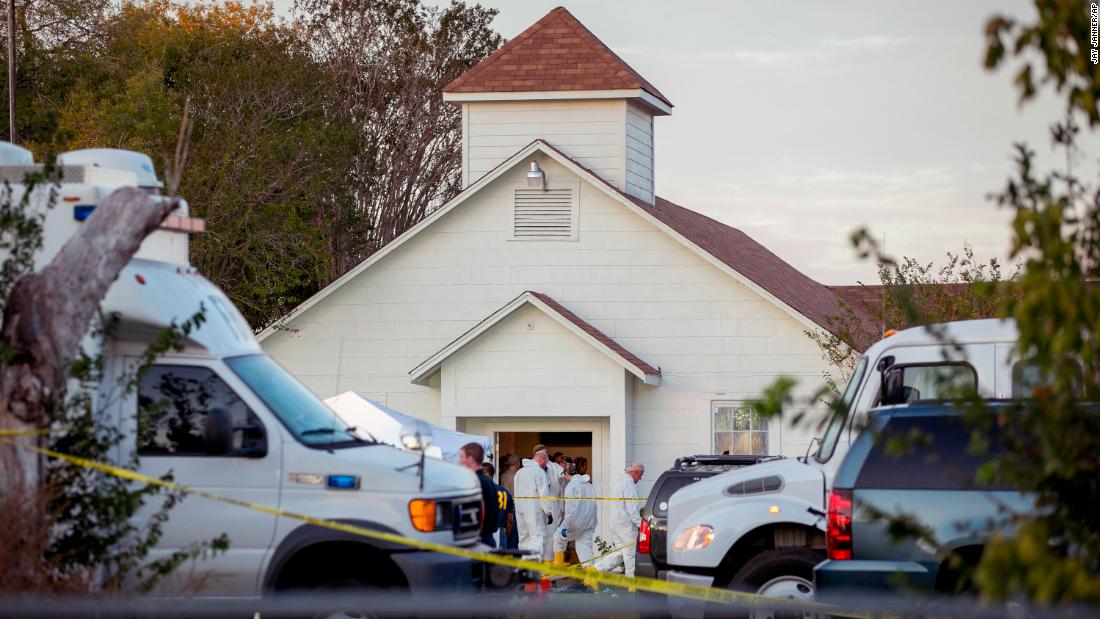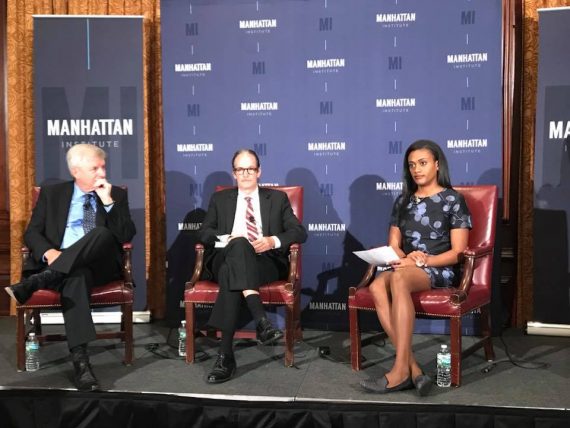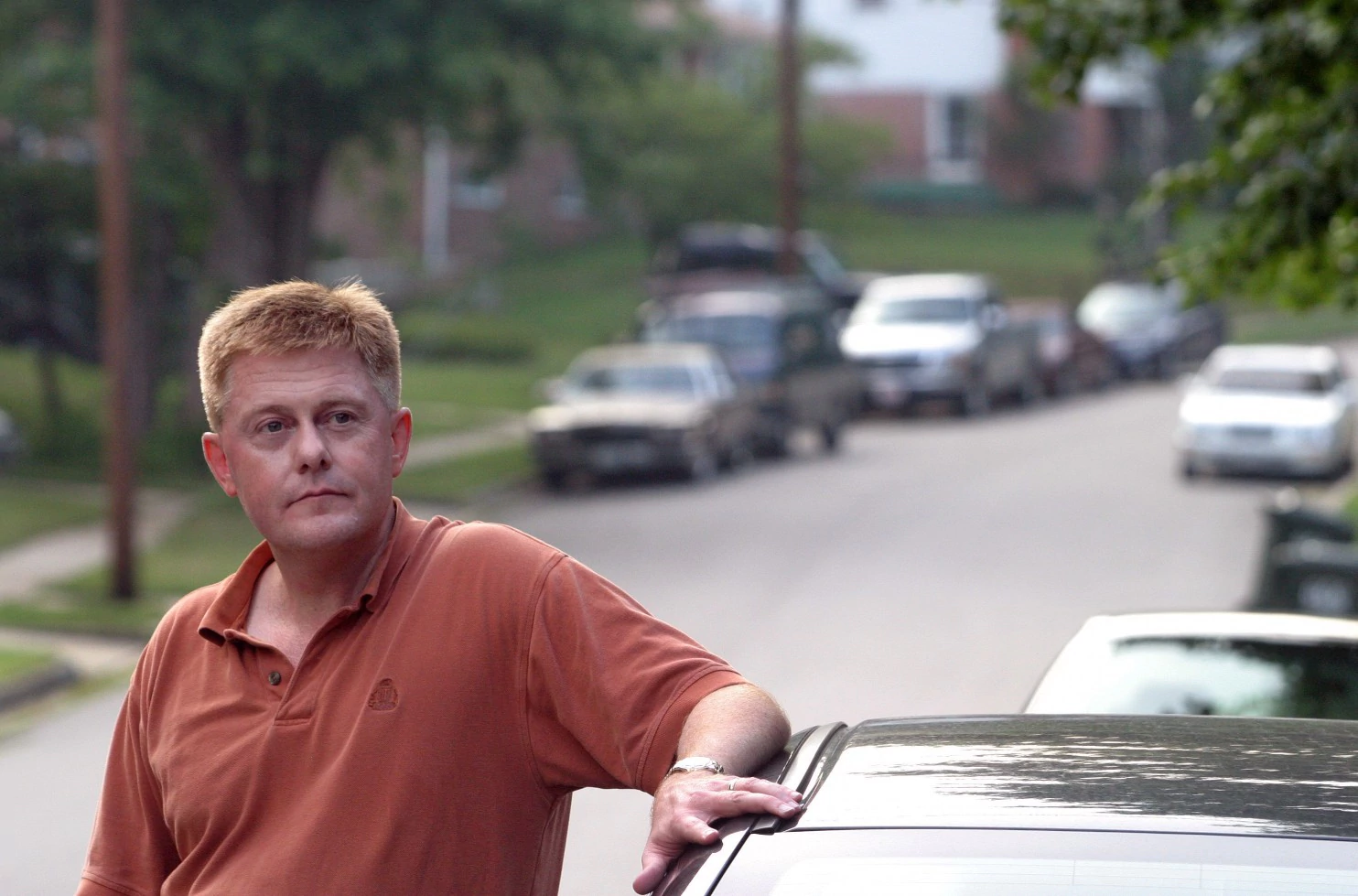
Vietnam Veteran Nurse Lynda Van Devanter
(11-13-17) Thank you my good friend, Susan Van Devanter Infeld, for reminding me this Veterans Day weekend about women who serve in our armed forces and the mysterious threads that often bind us together.
While working at The Washington Post in 1981, I read a tiny news item about Susan’s sister, Lynda Van Devanter, talking about her experiences as a nurse in Vietnam during the war. Eager to learn more, I interviewed Lynda and the resulting front page story turned out to be one of the first major news pieces about the role that nurses played in Vietnam.
Lynda spoke eloquently about post traumatic stress disorder, as well as, the harmful side effects of the herbicide Agent Orange. Equally important, her candor woke up our nation to the capabilities of American servicewoman, including skills that were being largely ignored at a time because of limited opportunities for women in the military.
Not only did Lynda’s interview have national impact, it also helped change the direction of my career and life.








